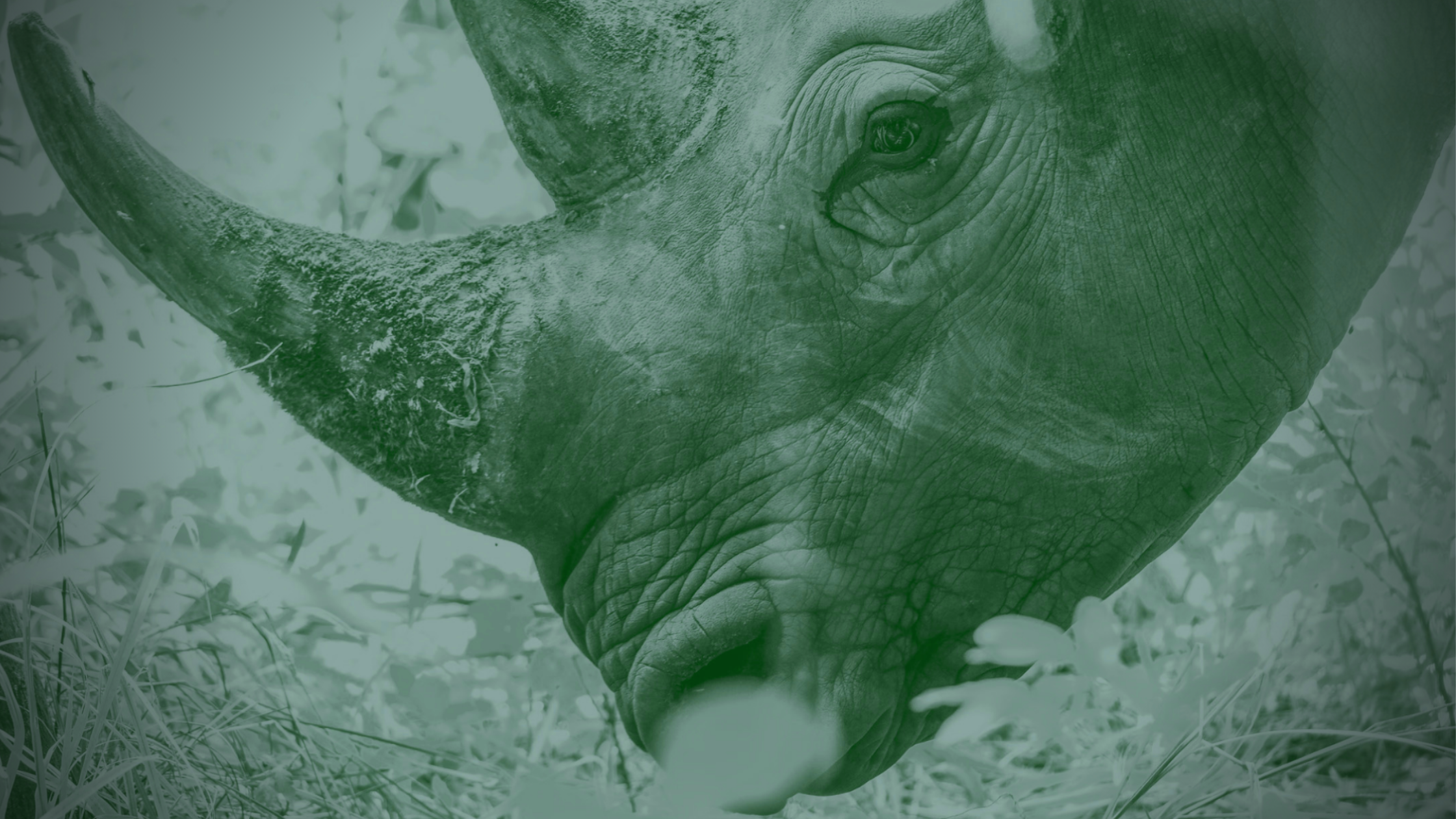Mainland Serow Capricornis sumatraensis
Vulnerable
Bangladesh; Bhutan; Cambodia; China; India; Indonesia; Laos; Malaysia; Myanmar; Nepal; Thailand; Vietnam
The Mainland Serow is a forest dwelling mammal, and inhabits mountain slopes with rugged steep hills and rocky places from 100 m to 4,000 m They also inhabit lowland montane forests with gentler terrain, including flat areas with shrubs (Li et al. 2012). Mainland Serow, including the Sumatran Serow (C. s. sumatraensis; restricted to Indonesia, Malaysia and Thailand). Although the Mainland Serow occupies a distribution range encompassing over eleven countries, their populations are fragmented, isolated and in rapid decline due to poaching, habitat loss and destruction throughout their range.
Mainland Serows are gentle forest-dwelling #ungulates that are vulnerable across SE #Asia from #poaching and #rainforest #destruction for #palmoil and other #agriculture. Help them with your supermarket choices and #Boycottpalmoil #Boycott4Wildlife
Tweet
The Mainland Serow has declines exceeding 30% over three generations as inferred from local surveys, decline in occupied area and habitat quality as well as actual levels of exploitation and requires urgent conservation actions.
IUCN Red List
An Indochinese Serow Capricornis maritimus, a sub-species of the Mainland Serow

Further Information

Phan, T.D., Nijhawan, S., Li, S. & Xiao, L. 2020. Capricornis sumatraensis. The IUCN Red List of Threatened Species 2020: e.T162916735A162916910. https://dx.doi.org/10.2305/IUCN.UK.2020-2.RLTS.T162916735A162916910.en. Downloaded on 24 January 2021.

How can I help the #Boycott4Wildlife?
Contribute in five ways
1. Join the #Boycott4Wildlife on social media and subscribe to stay in the loop: Share posts from this website to your own network on Twitter, Mastadon, Instagram, Facebook and Youtube using the hashtags #Boycottpalmoil #Boycott4Wildlife.
2. Contribute stories: Academics, conservationists, scientists, indigenous rights advocates and animal rights advocates working to expose the corruption of the palm oil industry or to save animals can contribute stories to the website.
3. Supermarket sleuthing: Next time you’re in the supermarket, take photos of products containing palm oil. Share these to social media along with the hashtags to call out the greenwashing and ecocide of the brands who use palm oil. You can also take photos of palm oil free products and congratulate brands when they go palm oil free.
4. Take to the streets: Get in touch with Palm Oil Detectives to find out more.
5. Donate: Make a one-off or monthly donation to Palm Oil Detectives as a way of saying thank you and to help pay for ongoing running costs of the website and social media campaigns. Donate here








